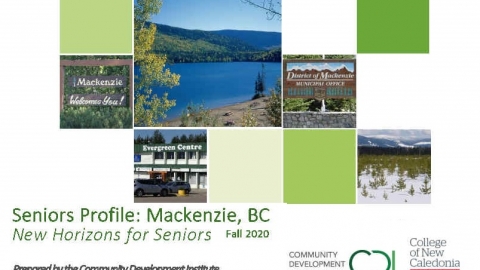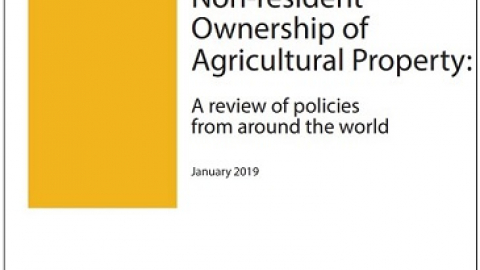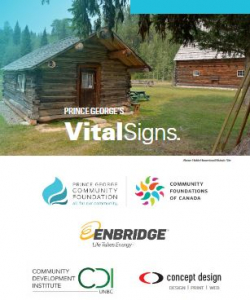Our Research
The CDI maintains a clear focus on research and on providing access to valuable resources toward the goal of increasing knowledge and understanding and building capacity around community, regional, and economic development. Our goal is to balance both applied and basic work so as to maintain academic credibility and to be of practical relevance to communities.
The information in this section is organized by topic. Please contact us if you need help finding information or have a question about any of the research or resources included here.




